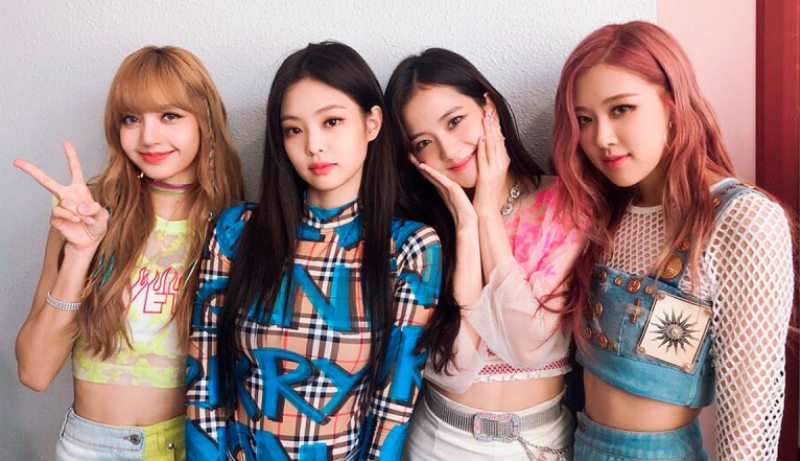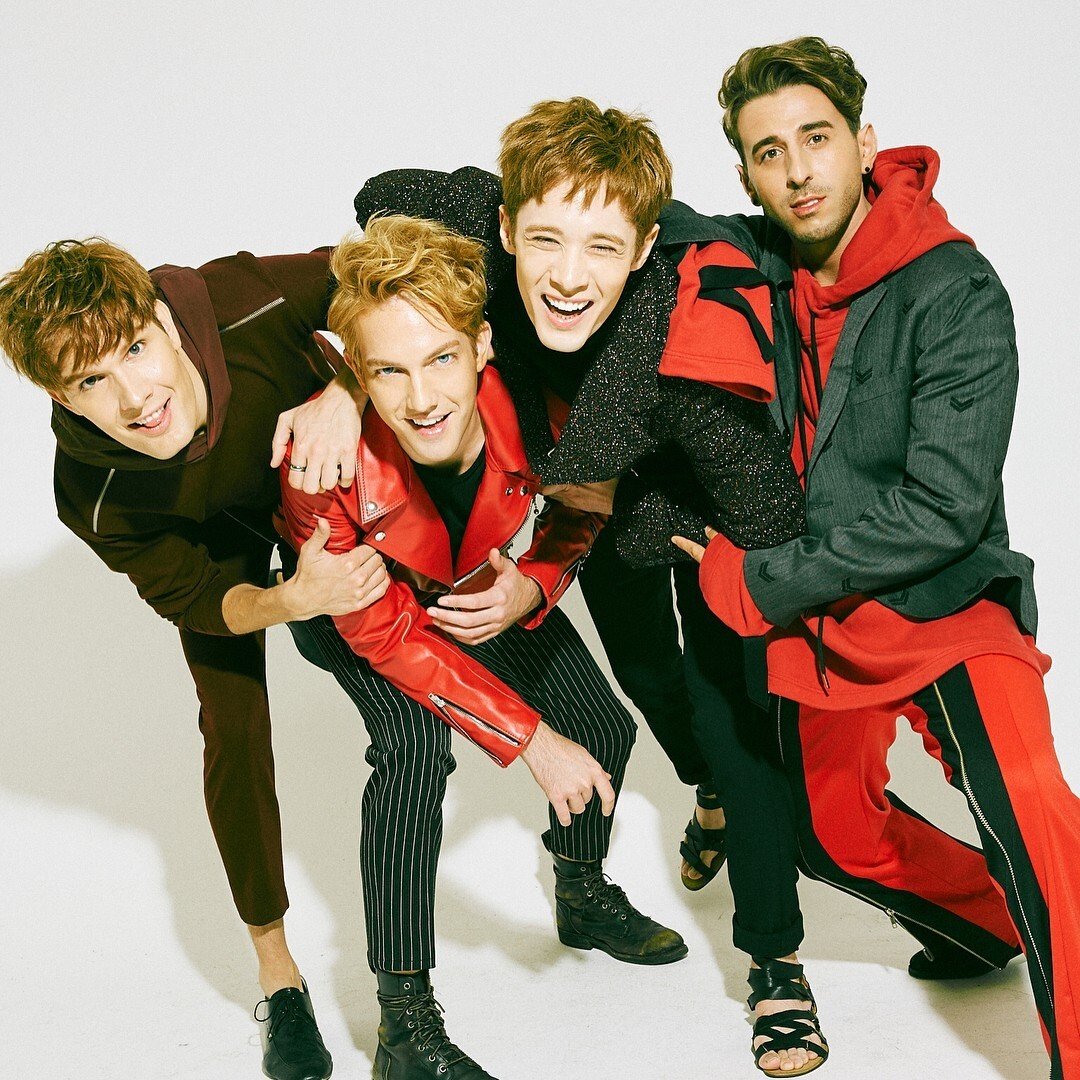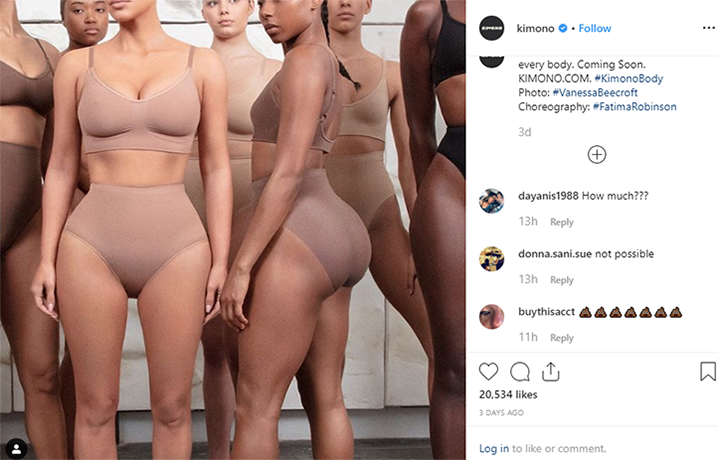K-pop’s international appeal has led to the rise of diverse talent in the face of a homogenous scene. Yet these up-and-comers are being met with fierce criticism.

The spread of Hallyu (The Korean Wave) across the globe has been subtle over the past decade and a half, up until a few years ago, when it saw a massive surge in popularity. K-pop groups have only recently been able to infiltrate the Western music market, with stars like BTS and Blackpink taking home prestigious music awards and giving Coachella performances, a first for Korean idols. These achievements are being lauded as cultural breakthroughs for non-English speaking artists, and a source of national pride for Koreans.
However, the same praise is not being afforded to non-Korean K-pop idols and groups, who have come under scrutiny for testing the fine line between cultural appropriation and cultural appreciation. Groups like America’s Exp Edition and Rosegold, UK’s Kaachi, and India’s 5High have been the target of netizen (citizens of the net) vitriol, gaining notoriety for their distinct lack of Korean members.

The most common insult being hurled at these singers is ‘Koreaboo’, meaning one with an unhealthy obsession with Korea. It stems from the Japanese equivalent, ‘Weeaboo’. The term has borderline racist connotations, as Koreaboos are known for their problematic behaviour, from cultural appropriation to the outright fetishization of Koreans.
Some argue that K-pop has always been multicultural, with mainstream groups having non-Korean members like Blackpink’s Lisa, Stray Kids’ Bang Chan, and Twice’s Mina. However, it’s clear that groups composed of entirely non-Korean artists does not sit well with fans. Apart from the issue of cultural appropriation, common criticisms include an inability to speak Korean, poor dance and vocal skills, lack of training prior to debut, and not having the right “image” for K-pop. That is to say, foreigners fail to live up to the harsh Korean beauty standards. Comments left by masses of fans on sites like Allkpop have no shortage of ridicule for K-pop’s outsiders.
“ROSEGOLD just isn’t kpop. Period. Kpop is Korean Pop, and they aren’t Korean,” – adamoonchild, Allkpop.
One commenter even compared non-Korean K-pop groups to Kim Kardashian and her attempt at naming a clothing line ‘Kimono’.

Others rallied to the side of the artists, calling the gatekeeping racist. All in all, a majority of fans seem to agree that training and establishing one’s market in Korea is what makes the genre. Hence why some international groups have been receiving more respect than others – like UHSN – a girl group formed from a music reality show based in Korea.
With the success of international groups predicated on acceptance from fans, only time will tell if these outsiders can leave their mark on what is still a very homogenous industry.
Subscribe to FIB’s Weekly Alchemy Report for your weekly dose of music, fashion and pop culture news!







